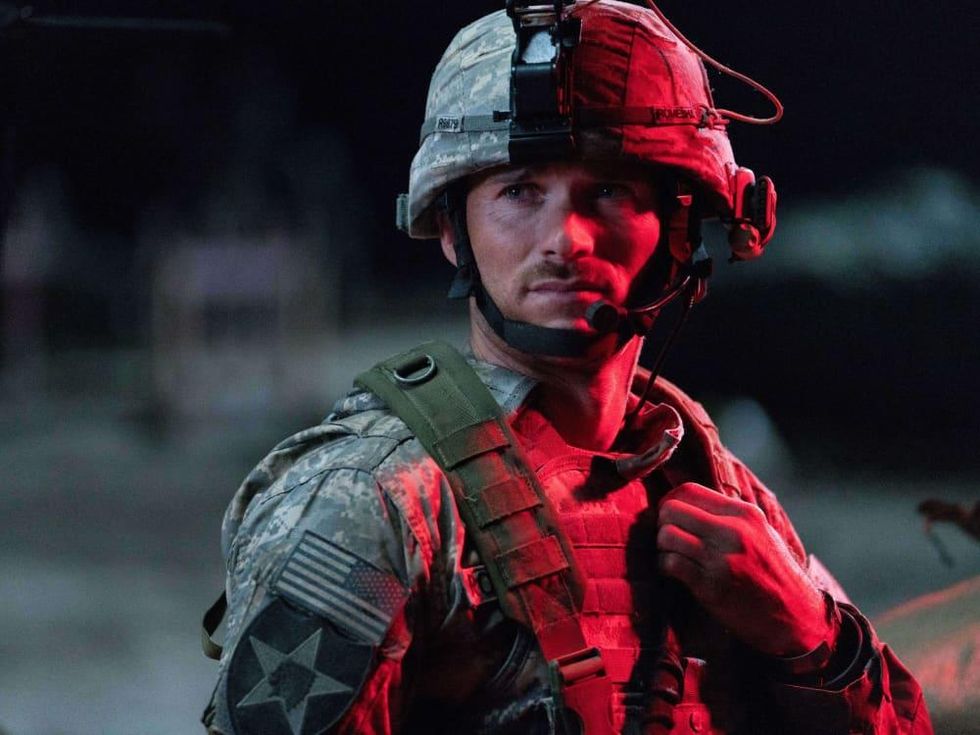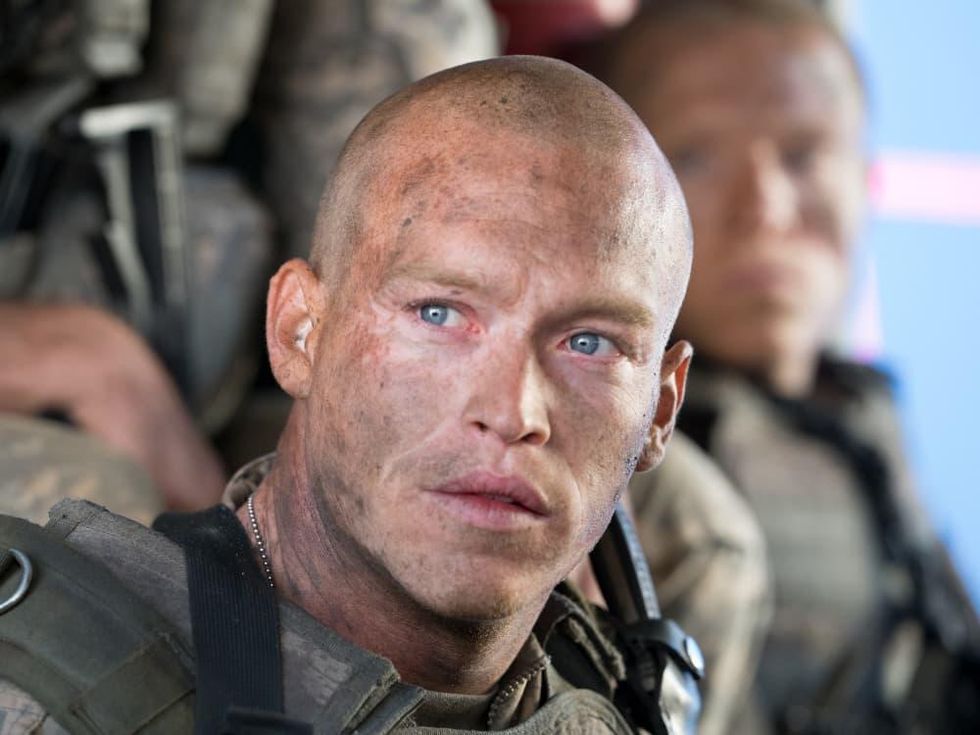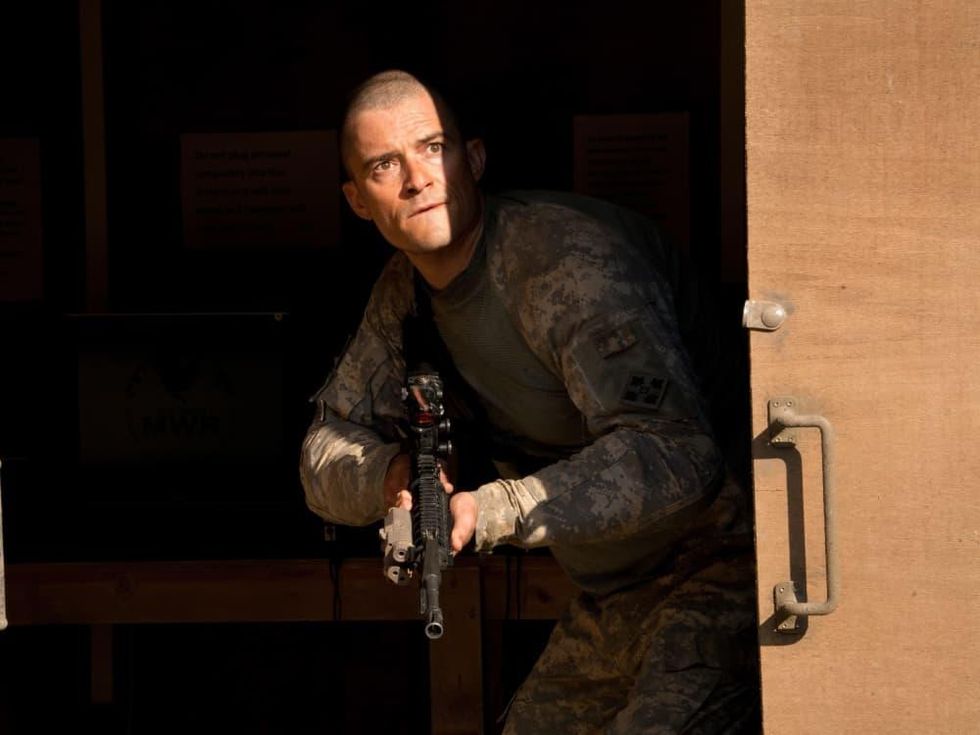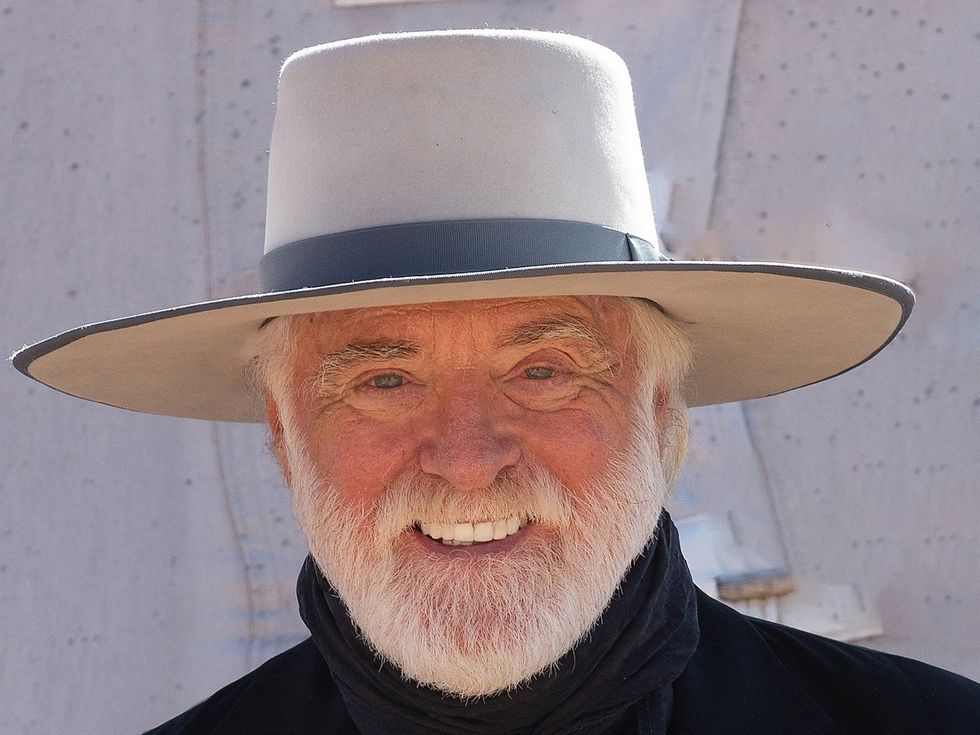Movie Review
The Outpost shows strength of soldiers and futility of war
There has been no shortage of films about the wars in Afghanistan and Iraq since they began in the early 2000s. Some extol the valor of the soldiers, some focus on the seeming futility of the wars themselves, and some take military leaders to task for putting people in harm’s way unnecessarily. The Outpost, set in 2009 at a remote American camp in an Afghanistan valley, does all three at the same time.
We are told at the beginning of the film that the outpost, called Kamdesh, was nicknamed by one official as “Camp Custer” due to the high likelihood of most men dying there. Indeed, it’s curious why anyone would station soldiers in an area surrounded by mountains on all sides, allowing the Taliban to fire down on the camp unimpeded.
While the men grouse about their relative lack of safety, they collectively assume the macho personas needed to get through day-to-day. They endure daily attacks and uncertainty as to whether local Afghanis are there to help or hurt. One local consistently warns them of imminent attacks by the Taliban, notices that are dismissed because of the constancy of small incursions until the big one actually occurs.
The men themselves are a mix of gung-ho soldiers and more reticent ones. Staff Sgt. Clint Romesha (Scott Eastwood) is one of the main leaders, exhorting others to keep focus and counseling them when things go wrong. Specialist Ty Carter (Caleb Landry Jones) gets picked on a lot, and mostly given the duties of resupplying the other men with ammunition. The film starts with Captain Benjamin Keating (Orlando Bloom) in charge, but the camp has the unfortunate luck of losing their leaders, and they go through several over the course of the film.
The film, based on a true story as told by CNN’s Jake Tapper in the book of the same name, is heavy on atmosphere instead of plot. Directed by Rod Lurie and written by Eric Johnson and Paul Tamasy, the film goes heavy on the ins and outs of life at the camp, acknowledging the drudging similarity of each day. At the same time, the prospect of the squad finally being able to leave the godforsaken area is teased on several occasions, although none of them allow themselves to actually believe it.
While many of the characters seem to embody the typical fearlessness of the military in movies, none of them is blind to the raw deal they’ve been dealt in being given this particular assignment. Questioning of the decision-making by the series of captains and other unseen higher-ups is ever-present, but so is the necessity of maintaining order in an often-chaotic place.
Thankfully, there is little glamorization of the multiple battles in the film. Almost every moment is down and dirty, with few over-the-top flourishes. Every act of bravery comes about organically, never in a bid to make one person seem more heroic than any other. On the flip side, Lurie and the writers keep the Taliban fighters mostly unknown. A scene early in the film has Keating trying to appeal the better natures of locals, but that is quickly forgotten as the outpost is attacked time after time by faceless enemies.
The film is a true ensemble piece, but certain people still stand out. Eastwood channels his father with this performance, showing strength and empathy in equal measure. Jones tends to play weird characters, and while Carter is the outcast for much of the film, Jones keeps him watchable and interesting throughout. Lesser known actors like Jack Kesy and Jacob Scipio also make good impressions.
The politics behind the wars in Asia have long overtaken any narrative about the actual soldiers on the ground there, but The Outpost honors this particular group while still recognizing the pointlessness of their mission. There’s no entertainment value in its brutality, but it’s still a worthy addition to the war film canon.
---
The Outpost is available via streaming platforms like Apple TV, FandangoNow, and Vudu. It is also screening in various theaters in every major Texas market.





 Michael Martin Murphey: Cowboy Christmas Photo courtesy of Michael Martin Murphey
Michael Martin Murphey: Cowboy Christmas Photo courtesy of Michael Martin Murphey